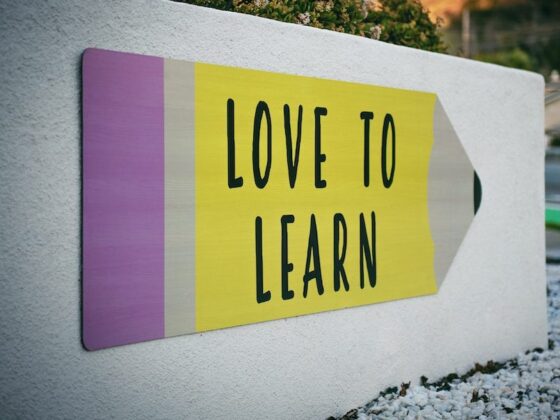The 3rd grade reading guarantee was put in place to ensure that every student has achieved a minimum score on a state’s reading assessment before proceeding to 4th grade. In many states, this guarantee comes with increased intervention guidelines in Kindergarten through 2nd grade, but it rarely addresses summer reading losses, intervention guidelines or financial support.
Reflecting on how the 3rd grade reading guarantee and summer vacation interact, I was reminded of my teenager’s slang – frenemy. A frenemy is a person with whom one is friendly despite a fundamental dislike or rivalry. Summer can be friendly or a straight up enemy to students’ success with the third grade reading guarantee.
Summer vacation offers the opportunity for some students to have new experiences, play and learn in different ways, and more time reading with books at home. All of this adds up to more life experiences that increase reading comprehension and time spent reading builds that skill. However, for many students, summer vacation means a loss of 2 months in reading skill each summer and a cumulative loss of nearly a half year of reading skill by 3rd grade.
Looking at the impact summer has on reading skills, there is a clear distinction between children of different socio-economic status. While the research is clear that there is no difference between the students based on race, gender or IQ, low-income students are more likely to lose up to 2 months of reading skill while middle income students are more likely to maintain or even increase their reading level.
Given this information, it is clear that even if students progress at the same rate during the school year, summer alters the likelihood a student will advance to 4th grade. If not addressed, summer also nearly guarantees that students of low economic status are much more likely to fail to advance to 4th grade.
Fortunately, research is also demonstrating that it is neither expensive nor complicated to stem the loss of reading skill for our vulnerable students. Simply providing summer resources for students and some guidance for parents around reading times, book availability and book discussions is enough to stop summer reading skill loss. Combine this effort with some in home STEM learning projects and suggested summer activities, and students not only maintain skills but build learning experiences.
With the high-stakes test, pressure builds on students and teachers. It seems less than productive to leave reading skills to regress over summer vacation and place added stress during the school year. As we look to support schools this summer, we are very serious when we reflect on the pressures of the 3rd grade reading guarantee and the summer vacation and ask ourselves…
Frenemies? Or can we simply make them friends?





